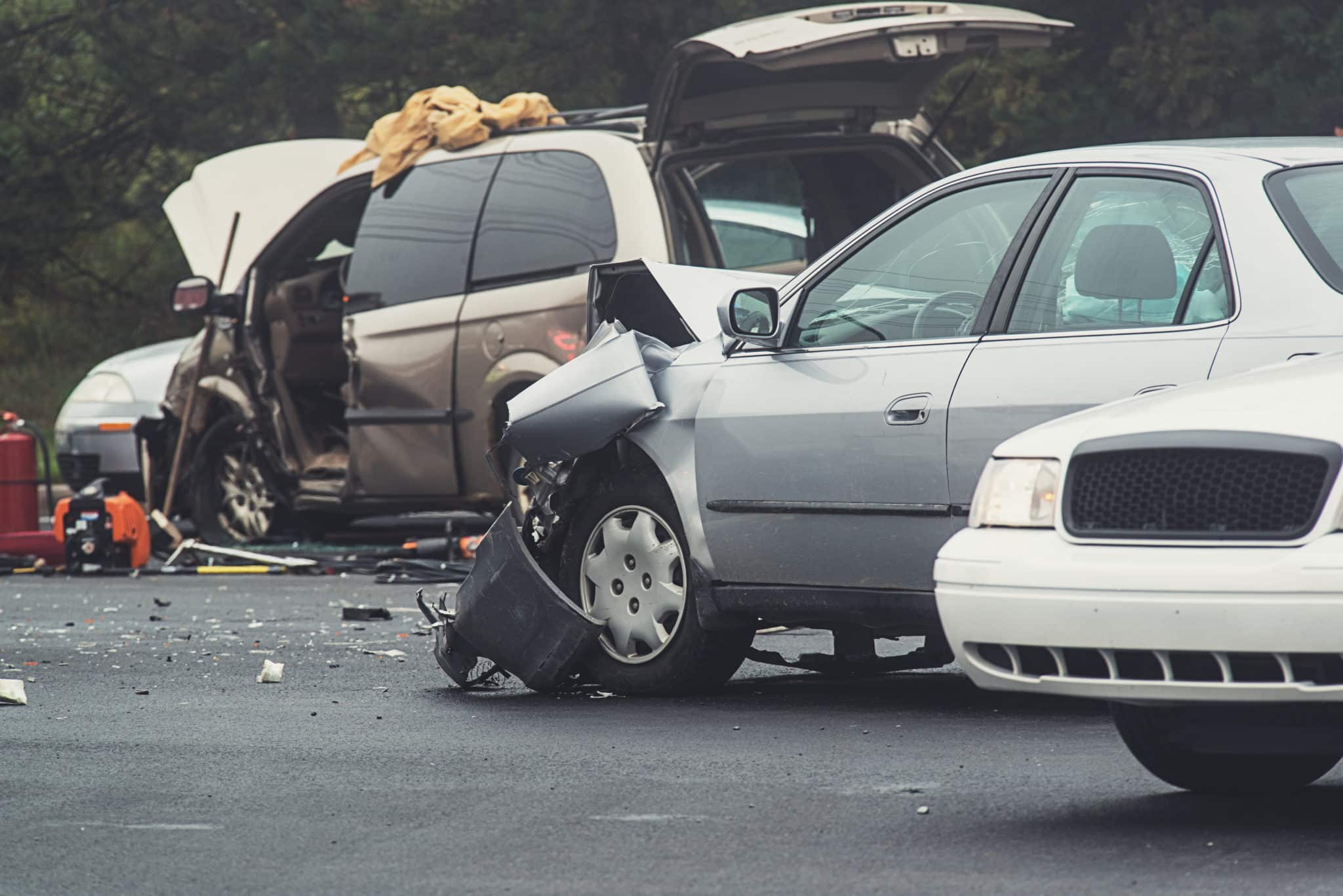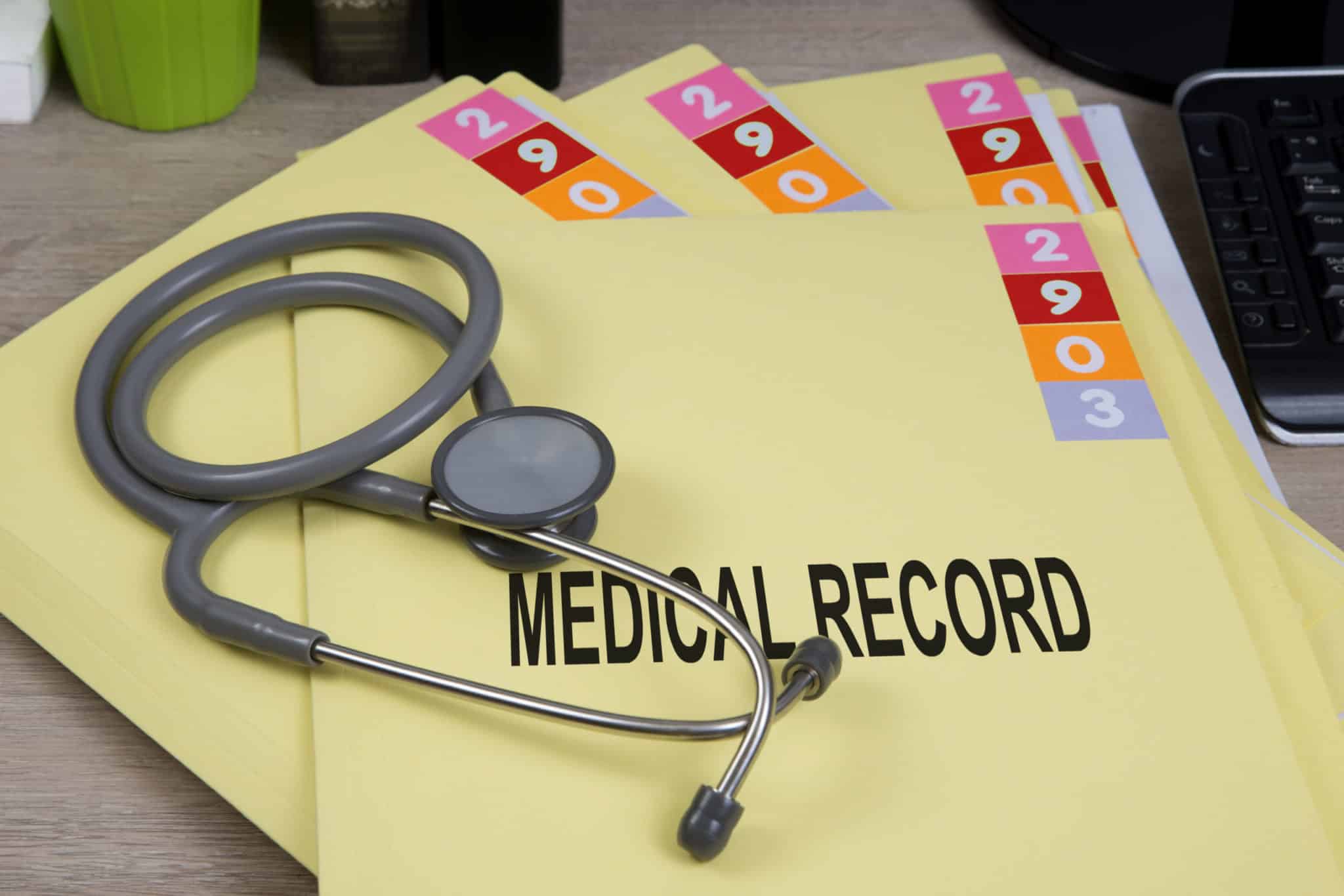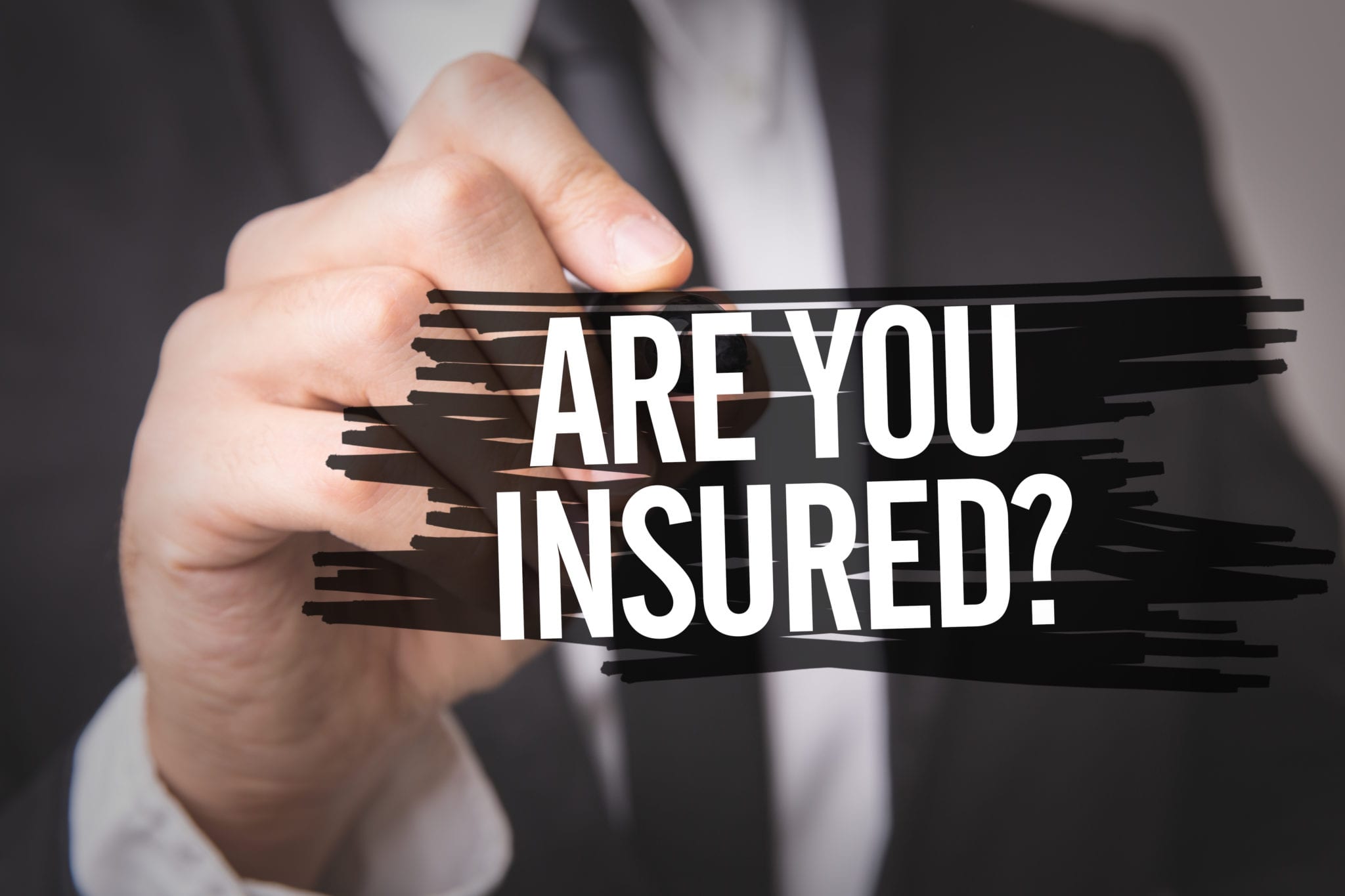There are several things you should be aware of if you are hit by an uninsured driver. A driver may have an insurance card at the scene of a wreck but you have no way of knowing whether that insurance is expired, whether it applies to that particular vehicle, or whether that driver has permission to be driving that vehicle. So what should you do if you’re hit by an assumed uninsured driver?
Find out if the driver is, in fact, an uninsured driver.
Being hit by an uninsured driver could mean a handful of things. There could be no insurance on the vehicle or the person that hit you may not be authorized to drive that vehicle. An attorney can determine whether the at-fault driver is uninsured by looking at the police report and sending a letter to the applicable insurance company to find out if that person is a proper driver.
Notify your own insurance company.
Most automobile insurance contracts require you to notify the insurer about any car accident within a reasonable time. If you do not comply with the terms of the insurance contract, your insurer may deny coverage. If you have been hit by an uninsured driver, the uninsured motorist coverage of your policy would be utilized to cover any damages you suffered in the wreck. If you are hurt by an uninsured driver, it is best to speak with an attorney because your own insurance company is going to defend that case against you, which puts you in a tricky position.
Identify all insurance policies.
There are many different types of insurance policies and it is important to locate and share them all with your attorney. Some insurance companies write specific policies for each vehicle in a household where as others write one policy that covers all vehicles in a home.
Additionally, most all of your common insurance companies have what is known as resident relative coverage. This means that all relatives from the same household are entitled to use insurance policies from all other relatives in the same household, regardless of company.
Treat your wreck like any other wreck.
Just like if you were hit by an insured driver, follow the same steps we suggest doing after any wreck. Click here to read the 7 MOST IMPORTANT things to do after an accident.
If you are the victim of a hit and run, your case would be treated the same as if you were hit by an uninsured driver. Your own insurance company is going to defend that case against you, so it is important to document as much as you can, take photos, look for witnesses, and seek medical treatment.
If you have been hit by an uninsured driver and would like to discuss your case, call Attorney Jared Easter at Williams Elleby Howard & Easter for a free consultation. 833-LEGAL-GA.


